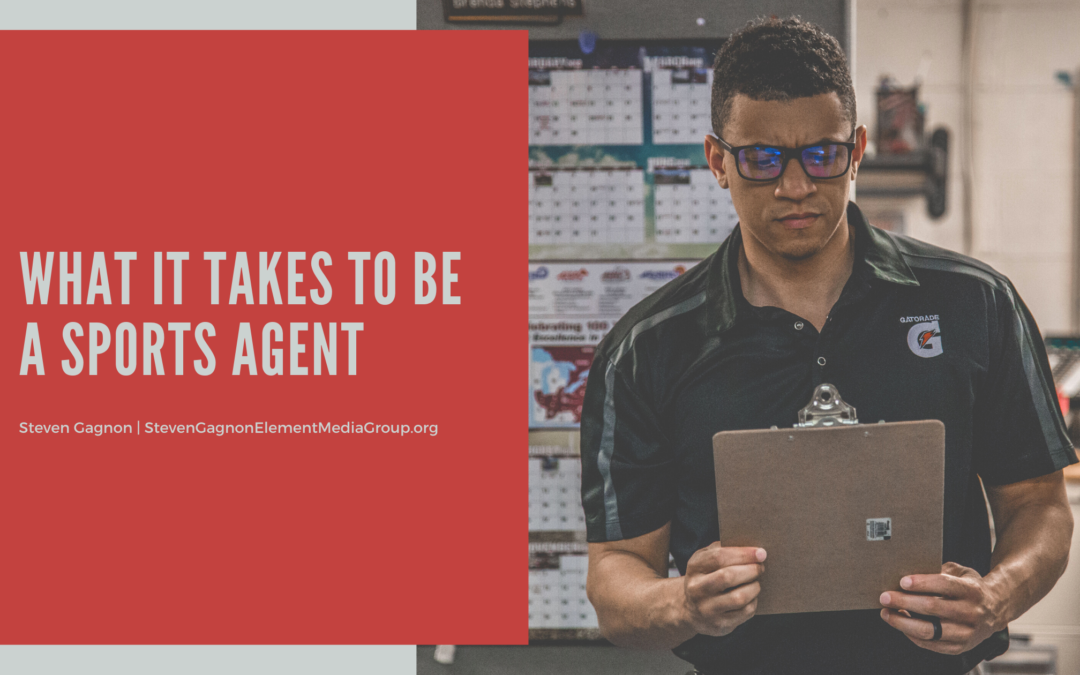Even if you don’t have what it takes to be a professional athlete, you can still be successful within the sports industry. Professional teams and athletes need representation to ensure they are treated fairly and won’t get taken advantage of. More specifically, in exchange for a commission, a sports agent will help athletes get exactly what they deserve by advocating and negotiating on their behalf. Sports agents often have a wide range of career opportunities, but it’s essential to understand what it takes to be a sports agent if you’re thinking about becoming one.
Strong Business Skills
Off the field, the sports industry is a business. As such, like any other business, there are contracts, agreements, and negotiations to be made. A sports agent is responsible for the business side of the industry and will deal with an athlete’s employment contracts and negotiations. This is why it is imperative to have strong business skills. Oftentimes, sports agents will opt for business degrees in management, finance, or marketing. Outside of higher education, it’s important to develop the required business skills through real-world experiences such as professional training and entrepreneurial endeavors.
Communication and Professional Negotiations
On the business side of sports, communication and negotiation is a whole other topic. It’s critical for a sports agent to know how to communicate effectively while successfully managing the interests, perceptions, and emotions of a wide range of stakeholders. It takes extensive communication and negotiation skills to meet an athlete’s financial and career goals. Negotiation strategies and social intelligence are what stand between a sports agent and successfully closing more contracts for the athletes they represent.
A Love for Sports
This should go without saying, but a sports agent needs to have a love of sports. Without that passion or love of the game, they will not be able to fully appreciate or understand the needs of the athlete. Furthermore, without a passion for sports, they will not have a passion for helping their athletes succeed. To love what they do, they need to love sports. It is impossible to have a successful career without this passion. If you do not have a love or passion for sports, then it may be time to reconsider becoming a sports agent.
